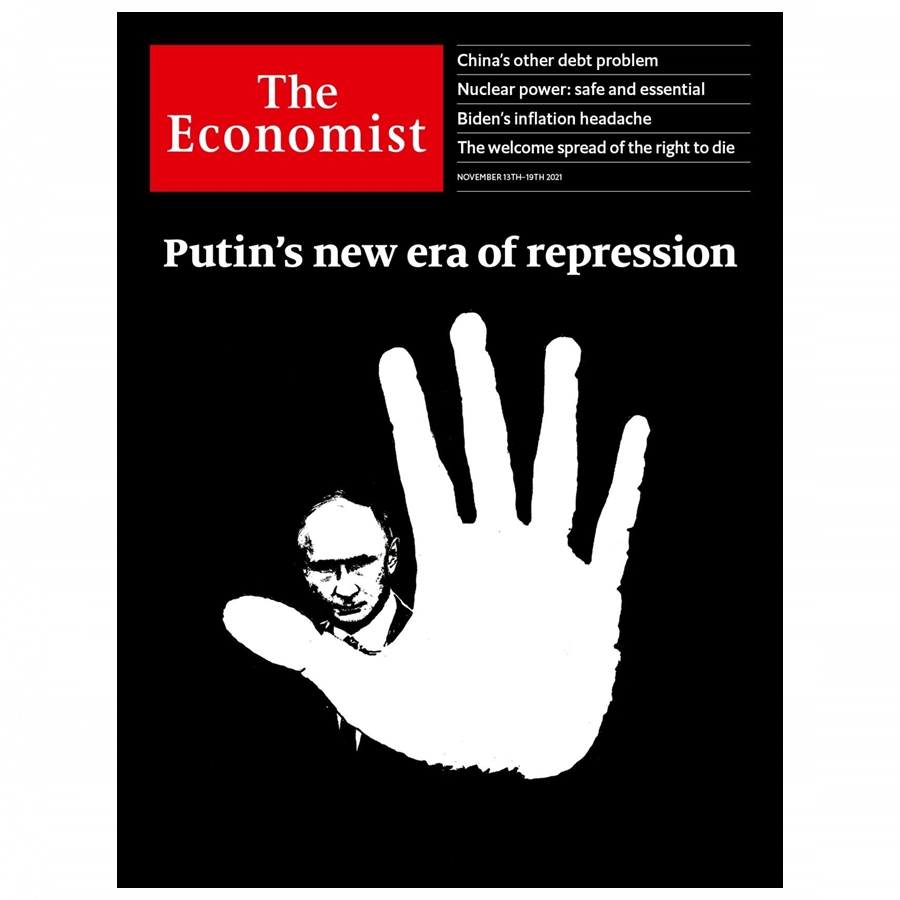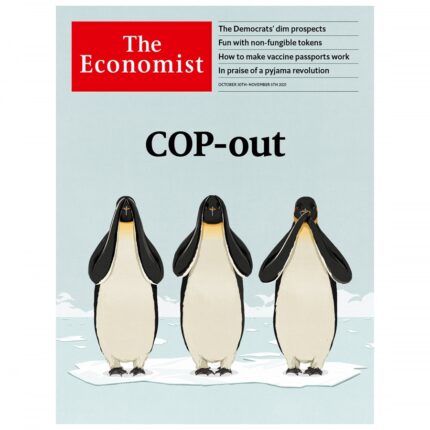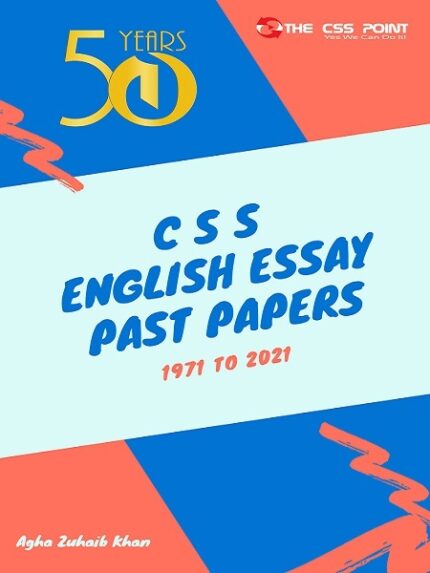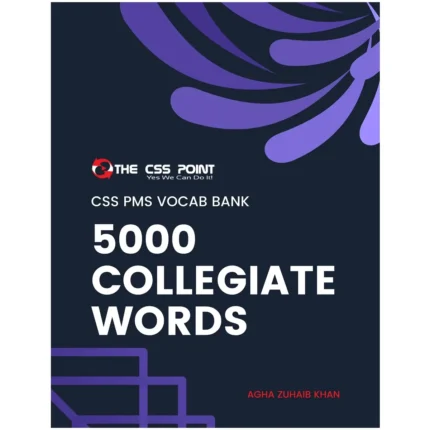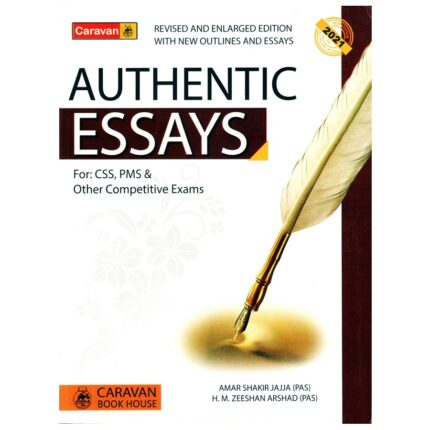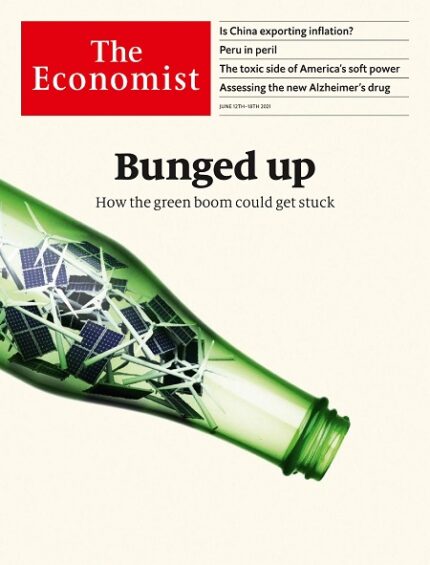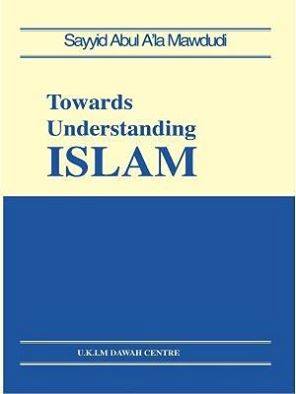The Economist Magazine 19th November 2021
Andrei sakharov, a Soviet dissident and physicist, used to argue that repression at home invariably becomes instability abroad. His own life was evidence of it. His internal exile was lifted in 1986 by Mikhail Gorbachev, the Soviet Union’s last leader, who as the architect of glasnost released political prisoners and tolerated free speech. It was no accident that Mr Gorbachev’s rejection of repression coincided with the end of the cold war. Today Sakharov’s thesis is being demonstrated once again— in reverse. According to Memorial, a humanrights group , Russia has more than twice as many political prisoners than at the end of the Soviet era. Memorial, which Sakharov helped set up to document Soviet abuses , has itself been br anded a “foreign agent” and attacked by statesponsored thugs (see Briefing).
At the same time, Russia’s relations with the West have also entered a dark period. In order to justify repression at home , President Vladimir Putin is telling his people that Western policy is designed to obliter ate the R ussian way of life . Mr P utin now builds in coldw ar confrontation to his de alings with the West. Its leaders need to prepare for what comes next. The latest phase of repression began in 2020 with the poisoning of Alexei Navalny, Russia’s most famous political prisoner , and winner last month of the Europe an Parliament’s Sakharov prize for freedom of thought. Mr Na valny survived the attack, only to be incarcerated and abused in Penal Colony No 2, one of the country’s harshest jails. Since then, Mr Na valny’s organisation has been outlawed and much of his te am chased out of the country. Those who stayed are being pursued. On November 9th Lilia Chan ysheva was arrested and now faces ten years in prison for having worked for Mr Navalny while his organisation was still legal. The net is spre ading beyond politics. The same day, Sergei Zuev, the 67yearold head of the top liber al university in R ussia, who is recovering from heart treatment, was taken from house arrest to a prison c ell, perhaps to force a false confession in a fabricated case.
The Economist Magazine 19th November 2021
[button url=”https://thecsspoint.com/link/10455″ class=”” bg=”” hover_bg=”” size=”0px” color=”” radius=”0px” width=”0px” height=”0px” target=”_self”] DOWNLOAD NOW [/button]






